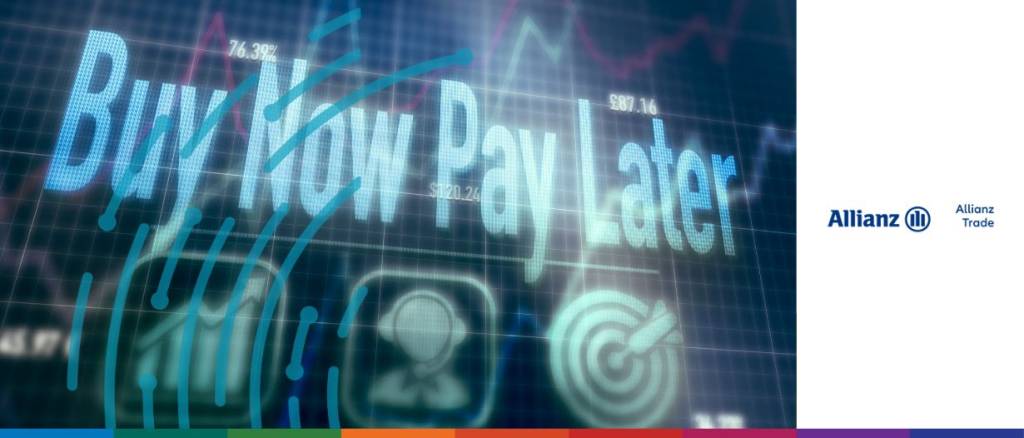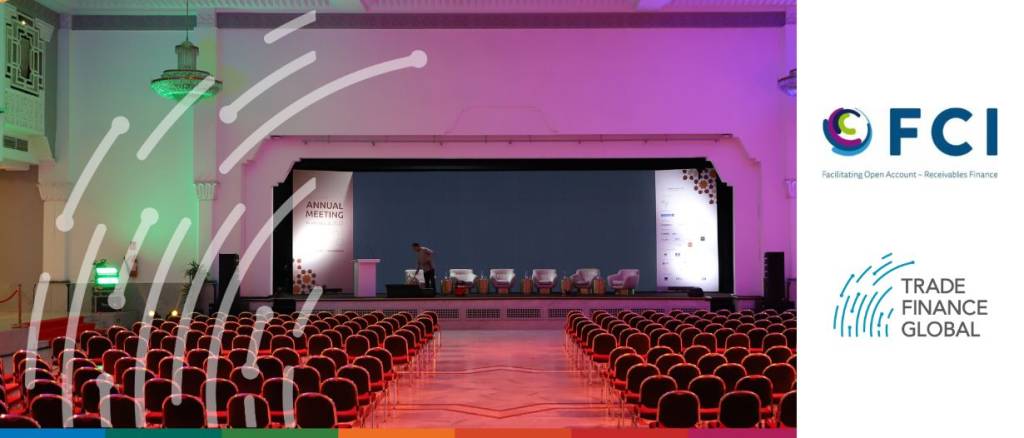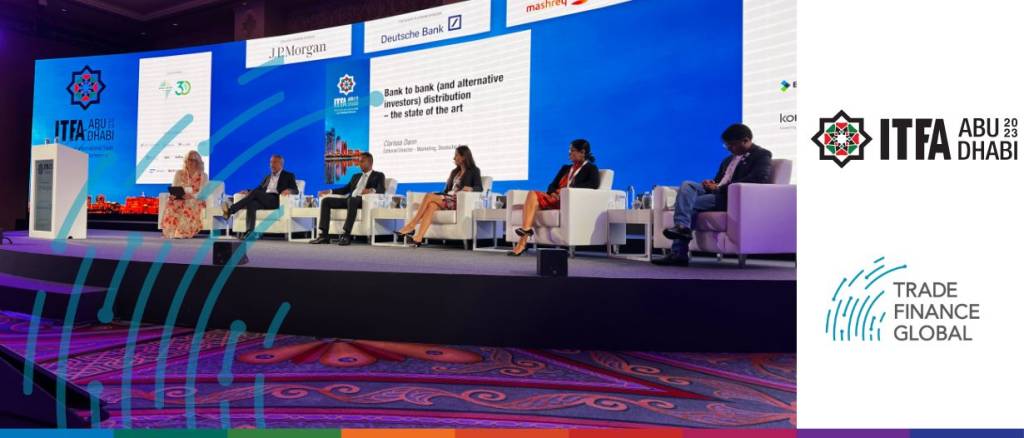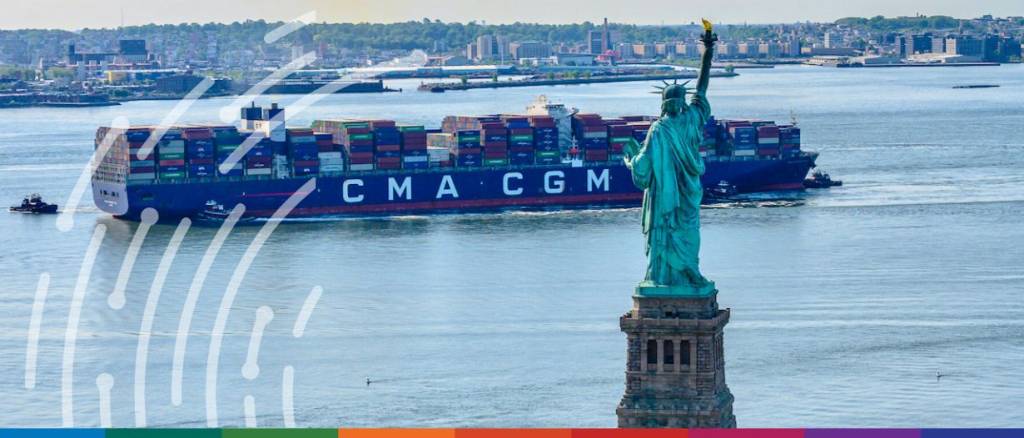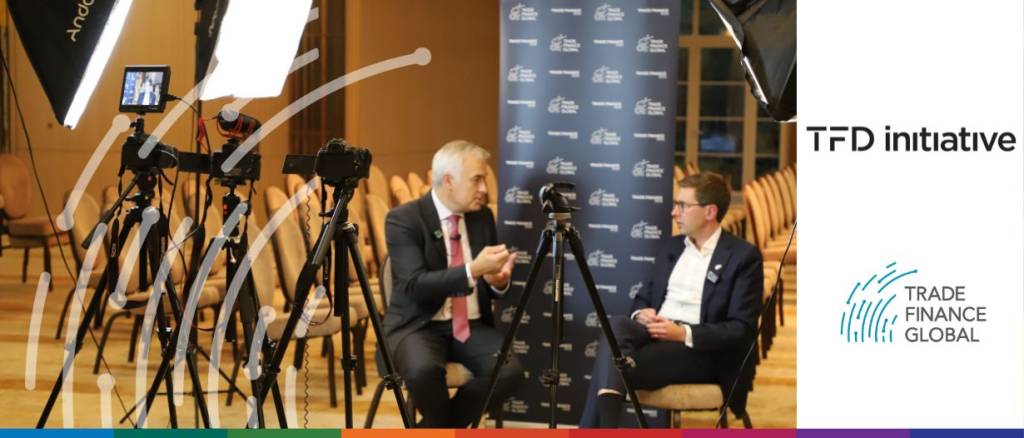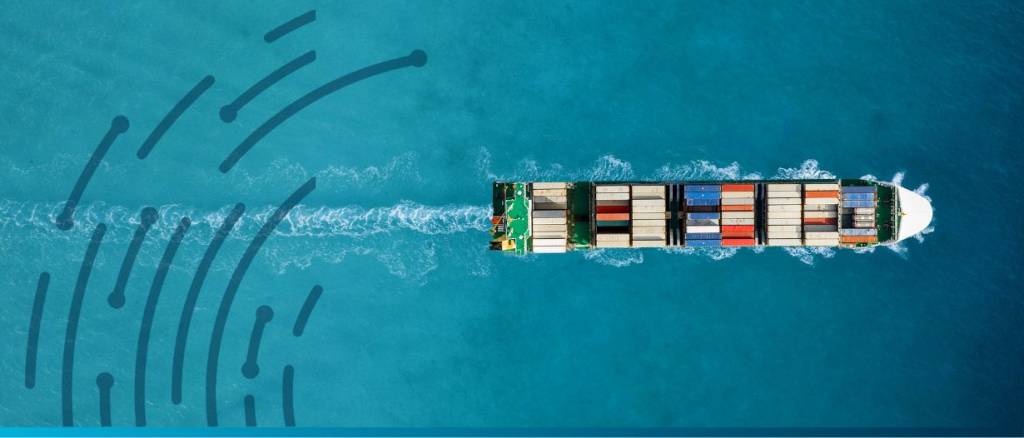As the polycrisis of nature, climate and social justice unfolds, the notion of ‘business as usual’ is being disrupted. Whilst Scope 1 and 2 GHG emissions are largely under the control of an organisation, Scope 3 are considered the ‘hidden’ emissions, intricately woven into a company’s supply chain.
One year after an EU court ruling on beneficial ownership registers left civil society and journalists in 13 countries encountering obstacles or completely unable to access information regarding companies’ real owners, Transparency International (TI) has published analysis of how different European states have responded by introducing disparate approaches to beneficial ownership access.
Alex Gray, Director of Trade and Transaction Banking at the London Institute of Banking & Finance, outlines why the drive for net zero will change trade patterns, why technology could make those changes unpredictable, and how trade professionals can prepare.
Buy-now-pay-later solutions will turbocharge growth in B2B e-commerce, combining trade credit insurance with a seamless digital purchasing experience.
The UNIDROIT’s Factoring Model Law, the FCI Legal Study, and the IFC Knowledge Guide on Factoring Regulation and Supervision, reflects a collective endeavour meticulously designed to operate in harmony.
The European Union’s proposed Late Payment Regulation (LPR), a revision of the Late Payment Directive (2011/7/EU), has sparked responses from the International Chamber of Commerce (ICC) and the International Trade and Forfaiting Association (ITFA).
At the 2023 ITFA Annual Conference in Abu Dhabi, Trade Finance Global (TFG) was able to speak to some of the top names in trade finance, learning about the latest trends and developments in the industry.
As Contour, the last-standing global trade finance project built on DLT moves to its next stage, we should be honest about what this speed bump means for trade, trade finance, and blockchain.
In July 2023, TFG Distribution Finance was launched to drive liquidity into the trade finance market, from institutional capital, banks, and credit funds, facilitated by TFG and its partners.
The latest issue of TFG’s Trade Finance Talks, ‘Trade Winds of 2023: A Journey Through Trade, Treasury & Payments’, is out now!


















